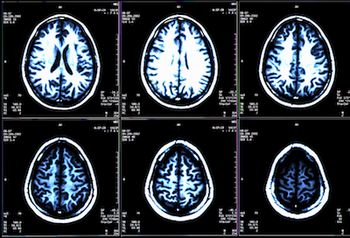
A recent prospective phase 2 study sought to investigate autologous hematopoietic stem cell transplantation as a therapeutic intervention in multiple sclerosis (MS).

A recent prospective phase 2 study sought to investigate autologous hematopoietic stem cell transplantation as a therapeutic intervention in multiple sclerosis (MS).
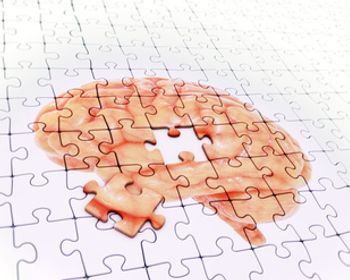
An evaluation of cognitive function measurements, performance in daily activities, and the perception of cognitive functions in patients with multiple sclerosis (MS) found caregiver perceptions more closely correlate with the test measurements than patient perceptions.

A genetic risk variant, rs7665090G, located near NFKB1, on astrocytes enhances the accessibility of the central nervous system (CNS) to peripheral immune cells, escalating the risk of autoimmune inflammation and multiple sclerosis (MS), according to the results of a recent study.
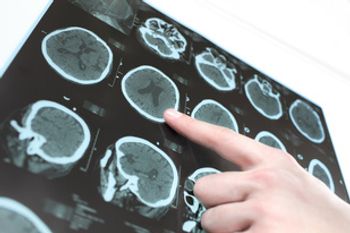
Patients with multiple sclerosis (MS) who are stable on an interferon β (INFβ) should remain on that therapy rather than switching to another INFβ, according to a study in ClinicoEconomics and Outcomes Research.
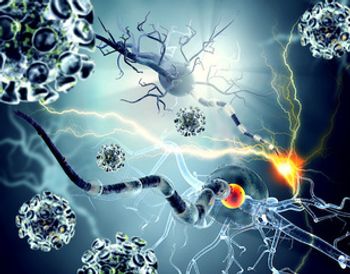
Mature oligodendrocytes have been overlooked in the past as a way to treat multiple sclerosis, but a new study has found they might be able to help with remyelinating axons the same as new oligodendrocytes.

Patients with multiple sclerosis (MS) who also have food allergies have more relapses than patients with no known food allergy, according to a new study published in the Journal of Neurology, Neurosurgery & Psychiatry.
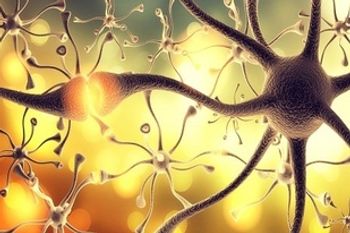
The FDA has issued a warning that rare but serious cases of stroke and tears in the lining of arteries in the head and neck have occurred in patients with multiple sclerosis (MS) who received treatment with alemtuzumab (Lemtrada).
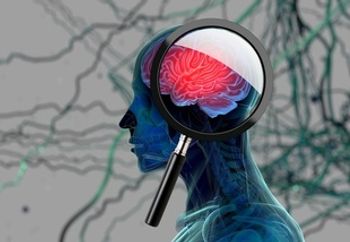
With $5 million appropriated from Congress, CDC is launching a National Neurological Conditions and Surveillance System to help increase understanding of neurological disorders and to further support neurologic research, starting with multiple sclerosis and Parkinson disease.

Lifestyle factors like exercise, meditation, and alcohol use were inversely associated with depression risk, while smoking significantly predicted depression.

Multiple sclerosis (MS) is a progressive neurological disease that requires timely management, and a panel of neurologists has developed an internationally applicable standard of care for timely management in patients with MS.

The FDA has issued a safety warning that patients who stopped taking Gilenya experienced worsening of multiple sclerosis, compared with before treatment started or during treatment, in rare cases.
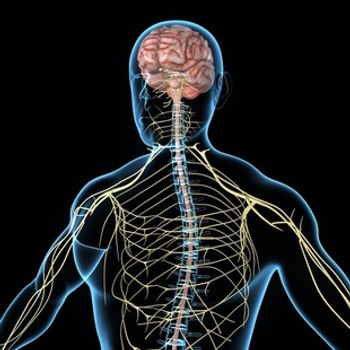
A retrospective study by Houtchens et al on annual pregnancy rates from 2006 to 2014 reveals that US women with multiple sclerosis (MS) had increased pregnancy rates as compared to women without MS.

Here are the top 5 articles for the month of September.

In a review of sex hormones and their role in the development of multiple sclerosis (MS), Ysrraelit and Correale compiled multiple references to provide clinical details regarding hormones and their respective immunological mechanisms.

For patients with multiple sclerosis (MS) being treated with natalizumab, cognitive function improved from baseline to 1 year and improved significantly across all domains from baseline to 2 years.

Noting a disconnect between evidence of benefit and uptake of exercise in patients with multiple sclerosis (MS), researchers offer behavioral science, specifically Social Cognitive Theory, as an approach to increasing participation.

The Multiple Sclerosis-Secondary Progressive Multi-Arm Randomization Trial (MS-SMART) is the first multiarm trial designed specifically to address the unmet need for further identification of neuroprotective drugs in secondary progressive multiple sclerosis.
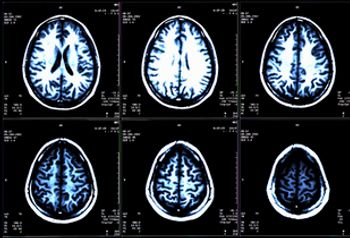
A recent study has discovered that B cells mediate spontaneous T cell proliferation through the HLA-DR15 haplotype, and this interaction between T cells and B cells may serve as a key factor in understanding the pathogenesis of multiple sclerosis (MS).
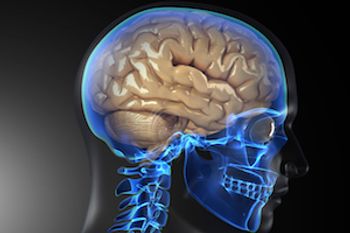
As levels of disability increased among patients with multiple sclerosis (MS), cost of illness increased and health-related quality of life decreased.
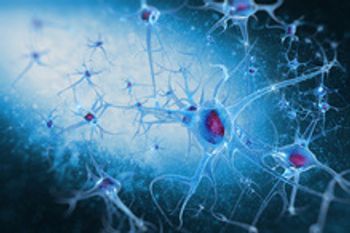
Findings from a retrospective study comparing typical and myelocortical multiple sclerosis (MS) identified major pathological differences between the 2 MS subtypes and determined that demyelination and neuronal degeneration are independent processes.

New study findings have identified a subtype of multiple sclerosis—myelocortical multiple sclerosis—that has neuronal loss but no demyelination of the brain’s white matter, indicating that demyelination and neuronal degeneration occur independently.

Researchers evaluating the different methods used to predict the progression of multiple sclerosis (MS) found that human–machine hybrid predictions led to better prognoses than did machine learning algorithms or groups of humans alone.
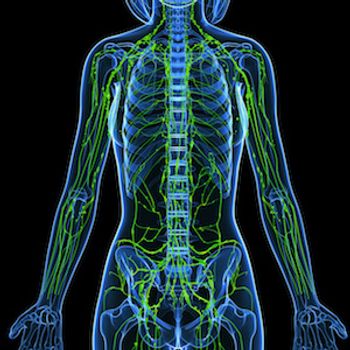
A study has shed new light into the role of extracellular vesicles (EVs) in multiple sclerosis (MS) and how fingolimod, an immunomodulator drug, affects EVs.

More than half of patients with multiple sclerosis (MS) in the BETASLEEP study indicated poor sleep quality, which was linked to fatigue and reduced quality of life over time.

Researchers recently developed a systematic map of the cell types that make up the mouse nervous system which has the ability to reveal new information about the origin of neurological diseases, and may lead to a detailed map of the human brain.

259 Prospect Plains Rd, Bldg H
Cranbury, NJ 08512
© 2025 MJH Life Sciences®
All rights reserved.
